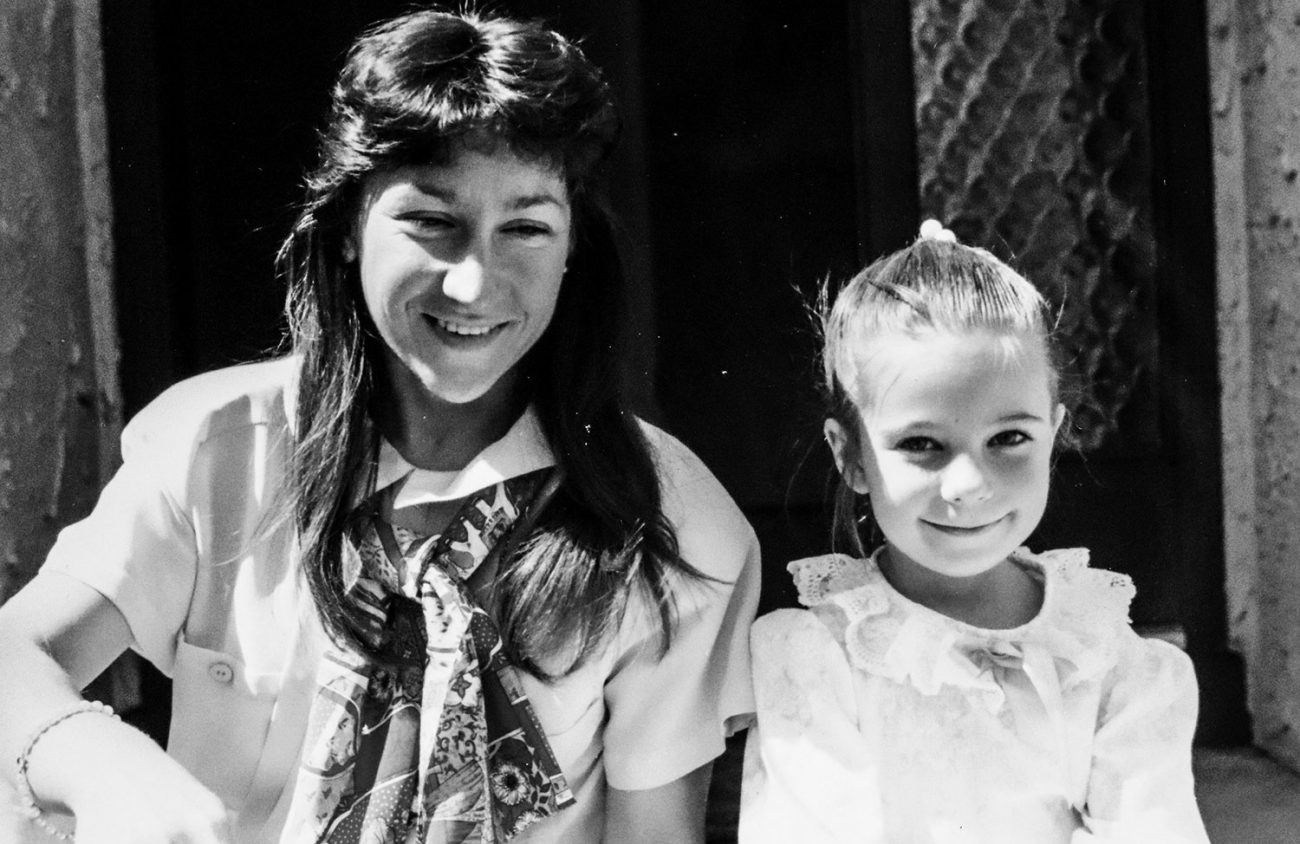The pianist ushered those who came in grief and anger. There were non-traditional melodies as well as the sacred hymns of the Christian church, such as “How Great Thou Art” and “Abide With Me.”
The grace that was not always accorded to Annette Lorraine Montero while she lived on the street — for however many years at however many locations — was given to her in a one-hour memorial Friday, Sept. 27, at First Christian Church.
There were older men and women, stricken by the absurdity of a homeless woman’s sleeping in a red sleeping bag next to a dumpster in Eugene and accidentally being crushed by a garbage truck in the dark morning hours of Aug. 26.
There were the men and women steeped in the advocacy for the homeless in Eugene and Lane County. They represent nonprofit agencies and are on the front lines of helping the needy find any thread of hope for housing, food and treatment.
They are needed, always, because the government offers little to no assistance for the homeless in general and the mentally ill, in particular. Indeed, of the mourners who gathered at First Christian Church, not one single Eugene or Lane County politician was evident.
The mourners who came filled three-fourths of the lower bowl of the sanctuary at the church. The Rev. Dan Bryant took a microphone around to the congregants. Each spoke a few words of grief and anger.
One woman noted her disappointment at the size of the gathering. “I was hoping to have this place packed to the rafters.”
Family came, though, for the memorial service of the 57-year-old Montero. They came from California, her two older brothers, Steve and Ron, her ex-husband, Kenneth Herdt, as well as the youngest of Montero’s two children, daughter Lorraine Baldi.
And there was Montero’s older sister, Cindy Berkenmeier. She was to have a moment to speak to the congregants that gathered. Bryant looked for her throughout, but Berkenmeier didn’t show up until near the end of the one-hour service, when she collapsed in tears into the arms of her two older brothers. She was in no condition to speak.
This is where the rubber meets the road. The family, who had lost track of Montero in the last decade since she lost her home in the Bay Area, was crushed. Of the two brothers, Ron eventually would take the microphone and speak. Steve met with well-wishers at the door after the service. The tears that had welled in his eyes at the start of the service had not let up.
“Thank you for coming,” Steve told one man.
“Peace and grace to you,” the man replied, and they hugged.
“We’ll get there,” Steve said.
Those who came in grief and anger had mostly been unaware of Montero. She seemed so new. Who was she? Who had she been? What happened to her that allowed her to be mentally ill and living on the streets of Eugene? And how did she find Eugene, 37 years after being a one-term student at the University of Oregon?
A few had fleeting glimpses of Montero, and of the dozen or so who spoke into a microphone at the memorial service that honored her, two people painted the contradictions of the 57-year-old woman in the last hours of her life.
Jennifer Dennison is a volunteer with Burrito Brigade, which serves breakfast to the homeless every Sunday morning in the church parking lot. She drove up for the breakfast on the final Sunday of Montero’s life, music blasting from her stereo. Montero heard it and started moving.
“Annette was dancing,” Dennison noted. “She was with the wind. She was very pleasant.”
Jerry Smith, a member of First Christian Church, also met Montero for the first time that final Sunday morning.
“She was remarkably frail and thin and aggressively hungry,” Smith said.
Two Bible verses were read at the start of the service at the request of the family, a verse from Jeremiah (1:8) and the Gospel of Matthew (8:20). From Matthew: “Jesus replied, ‘Foxes have dens and birds have nests, but the Son of Man has no place to lay his head.’”
Bryant would come back to this verse again at the end of the hour-long service. “We are not remembering Annette,” he said. “We are preserving civilization itself.”
Ron, one of the two older brothers who would speak because sister Cindy couldn’t, summed up the sentiment that ran through the gathering.
“This is a wake-up call for the community and Christians,” he said. “That’s not a way for a dog to die.”
